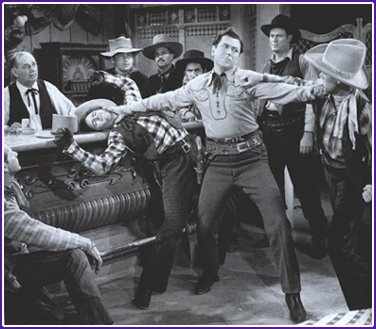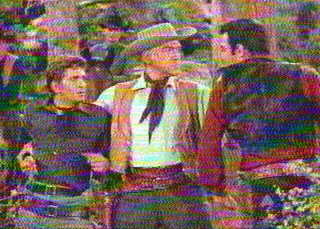 This is a long, interesting, carefully written article by Alex Kotlowitz about a program to change community behaviors in service of decreasing violence. It is nice to see a discussion of how to reduce polarization. There is so much entertainment value in polarization that the media revel in it. It is further to the article’s credit that it doesn’t play the card of Chicago’s most recent violent troubles into the text.
This is a long, interesting, carefully written article by Alex Kotlowitz about a program to change community behaviors in service of decreasing violence. It is nice to see a discussion of how to reduce polarization. There is so much entertainment value in polarization that the media revel in it. It is further to the article’s credit that it doesn’t play the card of Chicago’s most recent violent troubles into the text.
If I was to be critical of the article it would only be how it leaves the impression that the means being used here were entirely gin’d up by the folks involved. I certainly hope that many of these were imported from other violence reduction efforts, and most of the methods outlined I’ve read about in other venues; particularly the negotiation handbooks.
Given my interest in group dynamics I was interested by the story about a kid who wanted to resign from a gang. Much negotiation through various possible outcomes, “no”, “well, maybe, after a beating,” until they settled with the kid paying a fee. Not unlike getting out of your cell phone contract, eh? Joining a group often involves a hazing, and I suspect leaving often involves a beating – or at least a standing debt. You can’t make the books balance in such situations. They never balance between members inside a club, that’s the point, so you can’t make them balance when you exit.
That groups are a sources of violence is clear. You get discipline inside, and polarization between, but I hadn’t noticed before that movements of members across the group member boundaries can also generate violence.
One other thing that caught my interest, because it’s analogous to atomization effect we see in other systems these days. “Many of the interrupters seem bewildered by what they see as a wilder group of youngsters now running the streets and by a gang structure that is no longer top-down but is instead made up of many small groups – which they refer to as cliques – whose membe rs are answerable to a handful of peers.” When the middle scale systems die off you left with nothing but long-tail, and elites in their walled-gardens.
rs are answerable to a handful of peers.” When the middle scale systems die off you left with nothing but long-tail, and elites in their walled-gardens.
The skills these “interrupters” have are skills that we all should have. Skills the media should model. A culture rich in these skills can tolerate a lot more diversity. That there is honor in turning the other check. It is man’s work to intervene in a fight. The article is here.